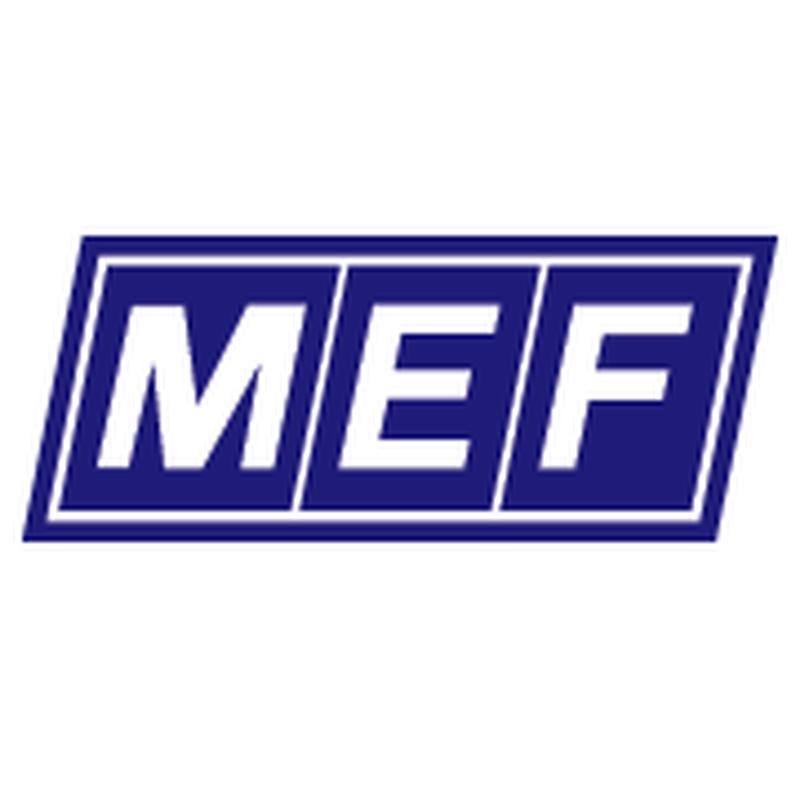THE Malaysian Employers Federation (MEF) strongly supports the call to allow refugees and asylum seekers in Malaysia to work formally under a well-regulated and safeguarded framework.
Malaysia currently hosts over 185,000 refugees and asylum seekers, the majority of whom are of working age and physically able to contribute to the workforce.
At present, refugees and asylum seekers face legal and practical barriers to formal employment, despite having the skills, willingness and potential to contribute positively to the Malaysian economy.
MEF believes that, if managed strategically and humanely, the integration of refugees and asylum seekers into the formal labour market will positively help address several pressing national challenges, particularly in sectors facing acute labour shortages such as agriculture, construction, manufacturing and care services.
MEF believes that one of the ways to help revitalise the national economy is to grant refugees and asylum seekers registered with the United Nations High Commissioner for Refugees (UNHCR) in Malaysia access to formal work.
This will allow refugees and asylum-seekers opportunities to recover from the disruptions of war, conflict and persecution in their home countries and contribute to the economic growth of Malaysia, with clear benefits to Malaysian businesses and consumers.
Additionally, employers will also be able to tap into a ready and willing workforce already living in the country, saving time and costs related to recruitment, transport and accommodation of foreign workers.
MEF believes that formalising employment for refugees will contribute significantly to Malaysia’s economy. The benefits include:
0 Economic contribution: International studies and regional data show that every legally employed refugee can generate value not only through labour output but also through increased consumption, tax contributions and entrepreneurship.
0 GDP growth: A joint study by the International Labour Organisation and UNHCR found that enabling refugees to work can raise a country’s GDP by up to 0.5% over time.
0 Labour force expansion: Granting 30% to 40% of refugees and asylum seekers access to formal employment could add between 55,000 and 75,000 workers to Malaysia’s labour force – boosting productivity and supporting sustained economic growth.
Allowing refugees and asylum seekers access to formal employment will help reduce the risks of exploitation, underpayment and illegal hiring practices while promoting better governance and stronger labour compliance.
Employers stand to benefit by addressing labour shortages through a clear, transparent and accountable policy framework that:
0 Defines legal working status and permits;
0 Outlines employer obligations and worker rights;
0 Ensures proper vetting, matching and monitoring mechanisms; and
0 Integrates training and skills recognition to support productive job placements.
MEF believes that the inclusion of refugees and asylum seekers into Malaysia’s formal workforce is a win-win strategy – one that will strengthen economic resilience, meet business needs and uphold Malaysia’s humanitarian commitments.
MEF is ready to engage with relevant authorities and stakeholders to explore a phased and responsible approach towards implementing this initiative.
Datuk Dr Syed Hussain Syed Husman
MEF President









